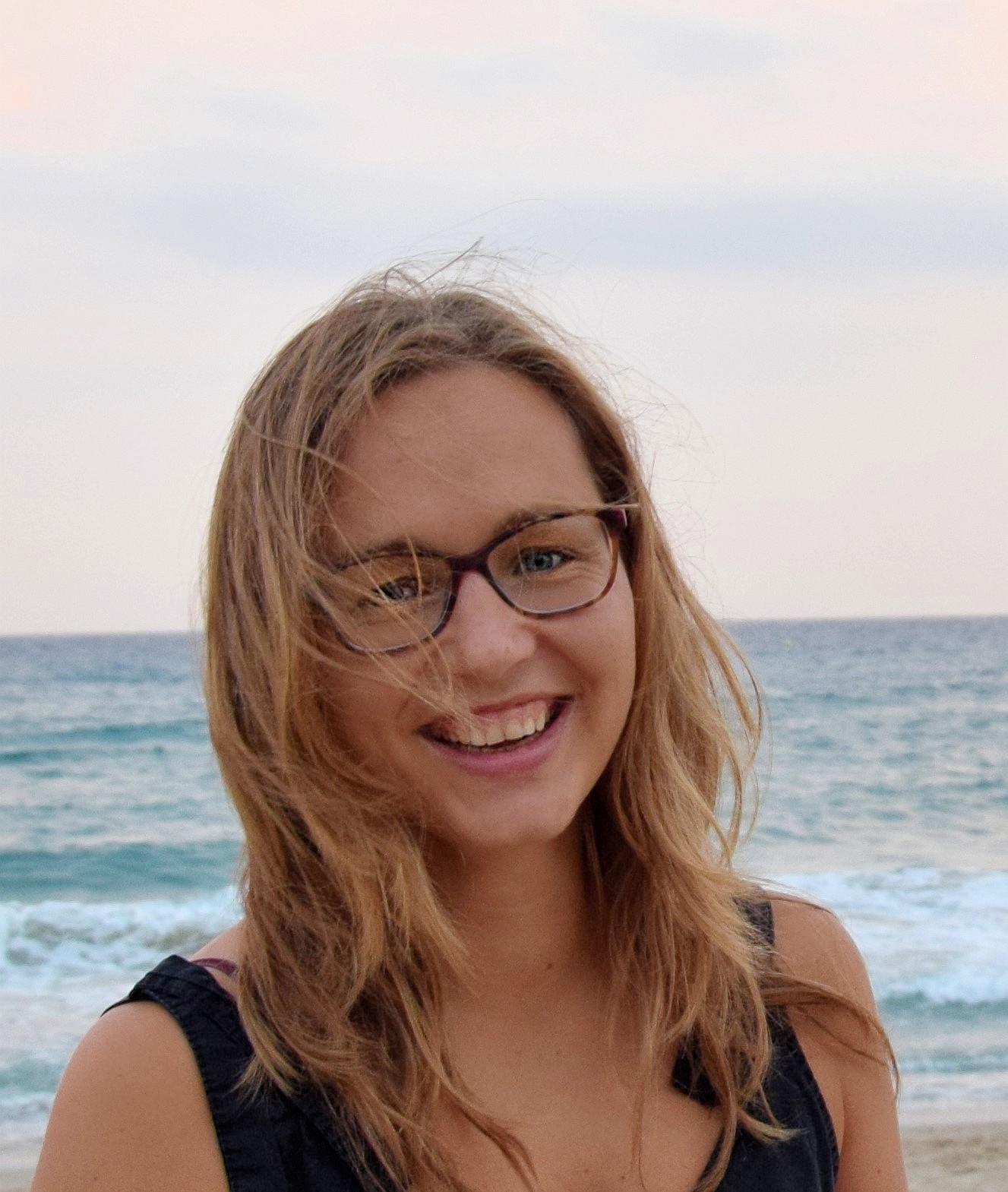
Source: Isabella Radhuber, 2024
My motivation to be a researcher stems from the belief that science and research can bring about positive change in the world - particularly by highlighting power dynamics, supporting people who face structural disadvantages and contributing to more sustainable pathways. To achieve this empowerment, researchers must collaborate with a diverse range of societal actors, understand their experiences and make use of their knowledge to collectively devise solutions for structural challenges.
From September 2023 to January 2024, I had the privilege of being a fellow at the tdAcademy based at the Karlsruhe Institute of Technology (KIT). Over these three months (with a pause in December 2023), I focused on studying the health impacts of climate change, conducting a literature review with a specific emphasis on the necessity of a transdisciplinary perspective. This gave rise to questions about the current and anticipated health effects of climate change, the best approach to understanding the complex relationships between climate and health, and how transdisciplinarity can contribute to finding solutions to complex problems.
Promoting health in a changing climate is a key challenge for policymakers. During my fellowship, I explored the potential of qualitative research to understand these intricate links between society, nature and politics. In doing so, I recognised that 'Situational Analysis' can be useful in considering contextual factors as part of the problem under study – it allows us to understand how social and political dynamics influence the evolvement of the health impacts of climate change. The conversations with my tdAcademy supervisor Professor Daniel Lang allowed me to articulate my thoughts. I also gained valuable insights from sustainability science, particularly with regard to transdisciplinary perspectives and an approach that combines science, research and action. In this context, sustainability science has explored transdisciplinary perspectives that could also be of great benefit for climate and health research. These perspectives provide tools for a better understanding of complex problems, help to integrate knowledge of different actors and promote the joint development of solutions.
In addition to participating in online conferences on climate-health research and policy, I also seized the opportunity to attend in person and learn from the "Second Conference on Networking and Strengthening Participation in Science" in Chemnitz in November 2023. Integrating this newfound knowledge, I co-authored an article titled "Climate-Health Research: Rethinking Health (Politics) through a Transdisciplinary Lens" with Professor Barbara Prainsack, soon to be published in "A Research Agenda in Biomedicine & Society“ (Editor: A. Faulkner).
Last but not least, this fellowship allowed me to pursue my interest in transdisciplinary research and fostered a motivation to continue such work in the future. In the second month of the fellowship, I developed the idea of a transdisciplinary research project proposal. I began to make contact with potentially interested social and economic partner organisations, and currently, we are collaboratively developing the conceptual framework for a research agenda. The guidance and advice received from my tdAcademy supervisor played a crucial role in setting these steps and embarking on this journey – one that remains open-ended.
